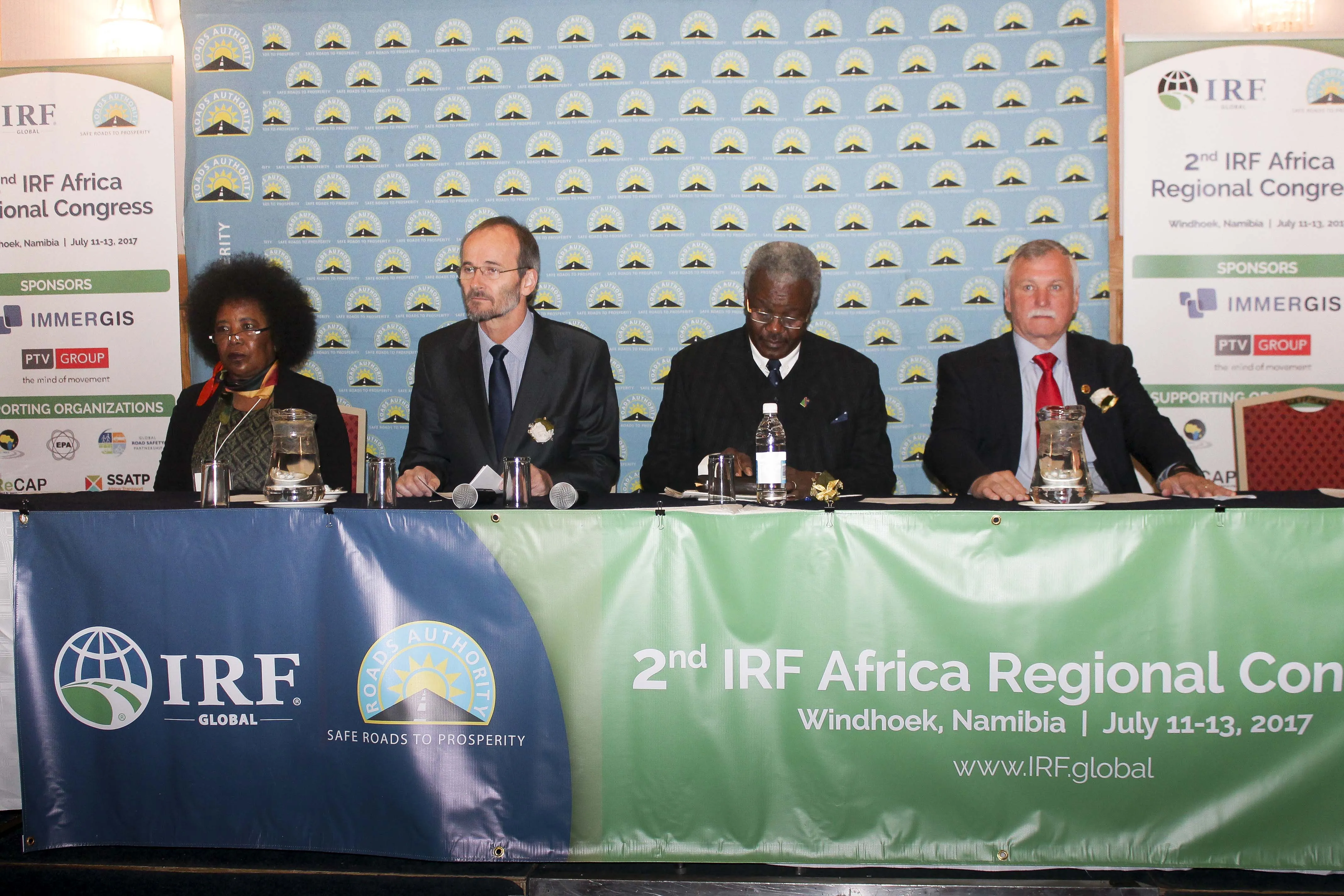The TRA 2014 event in Paris from 14th-17th April is a key event in the transportation calendar. This research conference is providing a forum that will bring together European stakeholders from all areas of transport and transport-related activities. The scope of the conference encompasses all modes of surface transport: road, rail, waterborne, urban transport, planning and mobility, as well as co-modality. The latest achievements in European research and the technological developments needed for coming dec
March 31, 2014
Read time: 2 mins
The 345 TRA 2014 event in Paris from 14th-17th April is a key event in the transportation calendar. This research conference is providing a forum that will bring together European stakeholders from all areas of transport and transport-related activities. The scope of the conference encompasses all modes of surface transport: road, rail, waterborne, urban transport, planning and mobility, as well as co-modality. The latest achievements in European research and the technological developments needed for coming decades will be presented, discussed, shared and debated. The event is covering a broad spectrum of research and innovation activities. These range from basic sciences to application-oriented engineering, social, technical and economic aspects, as well as policy and standards. Of particular interest are examples of market uptake and deployment.
An important focus for discussion will be the issues involved in urban transportation. Two thirds of the EU population lives in cities and urban transport represents 23% of overall transport emissions in the1116 European Union. More sustainable urban mobility can help deliver an improvement in the quality of life of citizens. The recently published Joint Research Centre (JRC) report “Quantifying the Effects of Sustainable Urban Mobility Plans” has found that sustainability measures could reduce urban transport CO2 emissions by up to 8% by 2030. Such measures include improving the efficiency of city logistics with ICT, investing in dedicated walking and cycling infrastructures, multimodal connection platforms and park and ride areas as well as the implementation of low emission zones.
An important focus for discussion will be the issues involved in urban transportation. Two thirds of the EU population lives in cities and urban transport represents 23% of overall transport emissions in the






